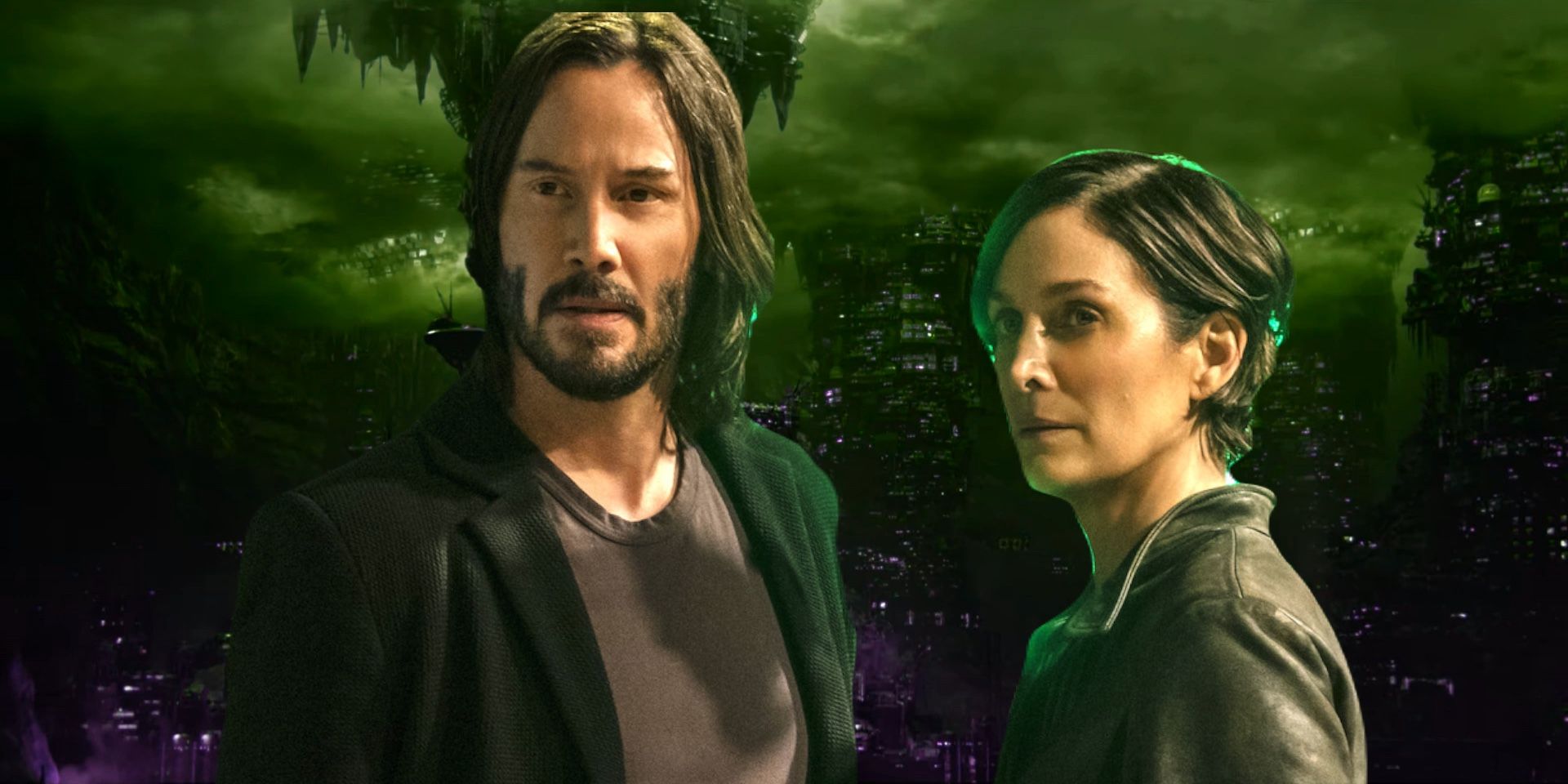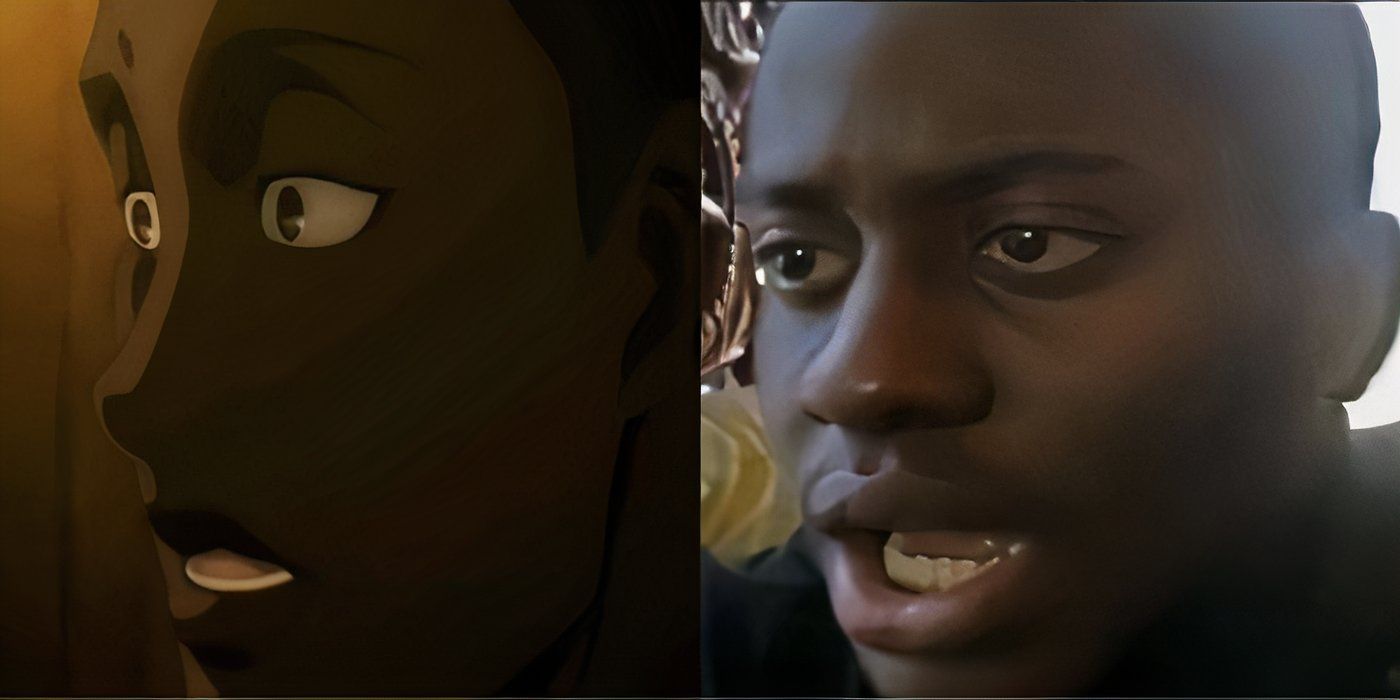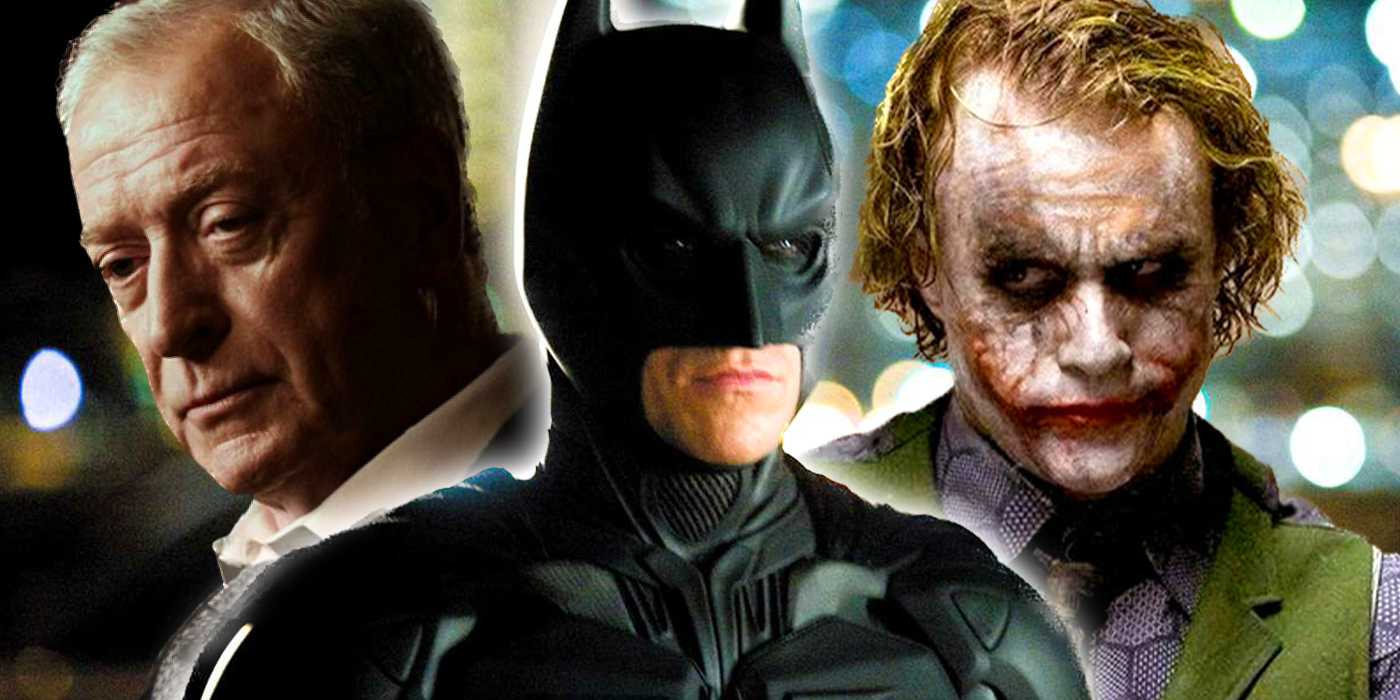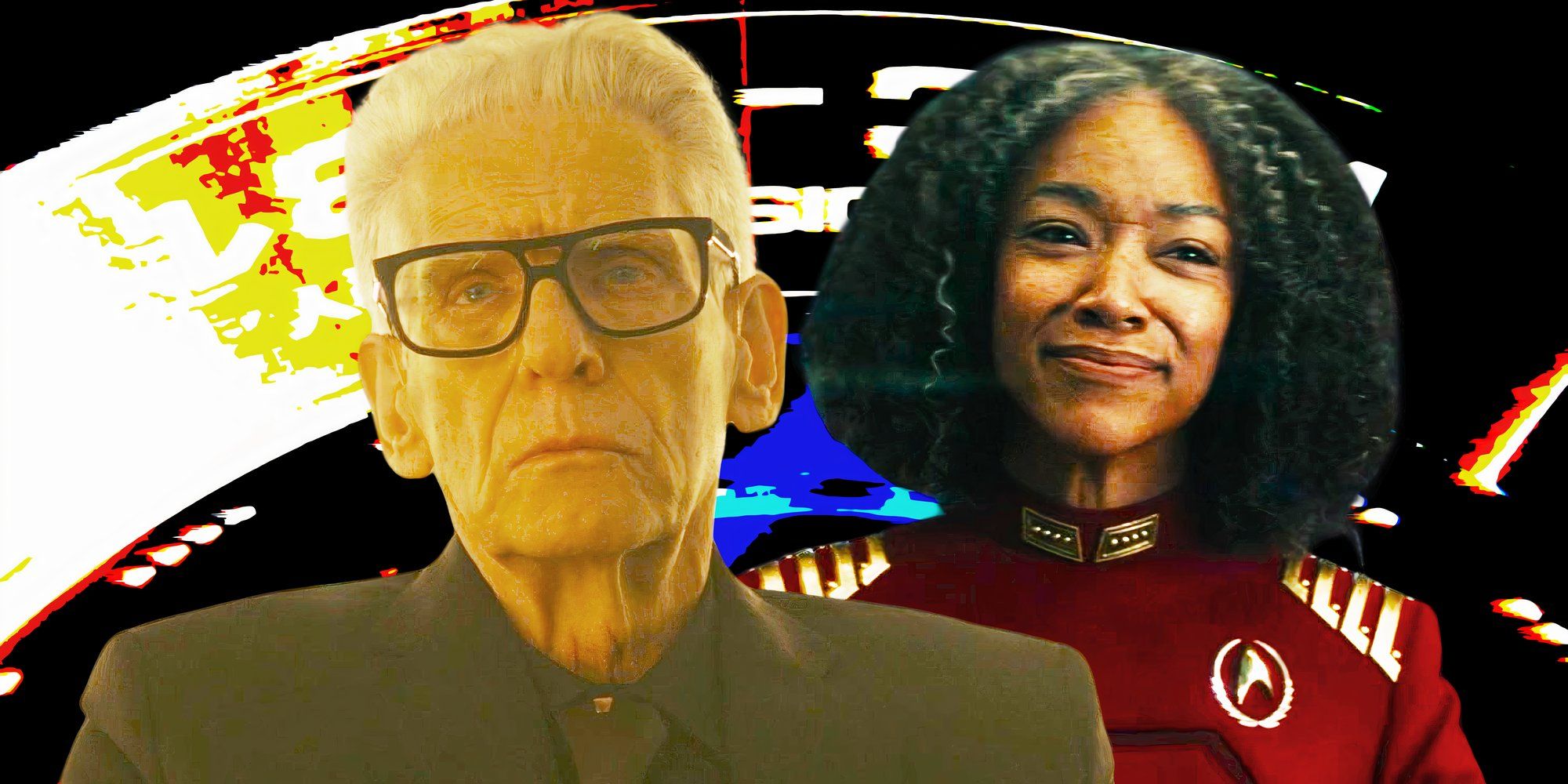Warning: Spoilers for The Matrix Resurrections ahead.
In Lana Wachowski’s The Matrix Resurrections, Keanu Reeves’ Thomas Anderson makes a direct meta-joke at the expense of Warner Bros., and other movies and studios could follow suit. Resurrections divided fans on release: some accused the film of sullying the importance of the first three movies, while others praised the bravery of the move. The film flopped, too, but its legacy might be in the further blending of corporate identity and movie narratives. It could be either a brilliant or destructive moment for tentpole cinema.
Resurrections, which also brings back Carrie-Anne Moss and introduces Yahya Abdul-Mateen II as a version of Morpheus, repositioned the first Matrix trilogy as a video game designed by Thomas Anderson. The events took place – Neo really did travel to Machine City and sacrifice himself to negotiate a truce between Zion and the machines. However, what audiences watched is, according to The Matrix 4, reconstructed from memory. This is the first meta-joke, acknowledging the trilogy’s once-staggering but now dated CGI. Then, executives from WB demand that Anderson creates a fourth game and insist they’d make it anyway with someone else. Anderson protests but eventually gives in to reclaim his vision. It’s a deeply unsubtle critique of WB’s franchise reboot ambitions.
It’s an audacious move and one that other studios could very easily incorporate in more successful ways. Considering Resurrections’ box office performance, it’s worth noting that no one was really clamoring for another Matrix movie. In fact, the Wachowskis repeatedly said the story was complete. While The Architect and The Oracle make it clear at the end of The Matrix Revolutions that this version of The Matrix is one of many, both Neo and Trinity died, and the narrative was wrapped up.

WB is no stranger to meta-humor. Space Jam: A New Legacy is barely more than a thinly-veiled guided tour through everything Warner Bros. owns. Sometimes, an IP appearing in another property is passed off as a joke in itself. However, with the folding of Fox, Marvel, Sony’s Spider-verse, and Star Wars into Disney’s portfolio, it’s possible the company could start making digs at itself in its movies. After all, Deadpool 3 will be an MCU movie, and Deadpool’s whole deal is breaking the fourth wall. The precedent is there for self-commentary. The real question is whether Disney would make the leap toward meta-humor.
Like it or not, corporate mergers are shaping blockbuster Hollywood narratives. The story of Spider-Man: No Way Home could not have happened without intense legwork in both the editing suite and the boardroom. Patrick Stewart’s Professor X will appear in Doctor Strange in the Multiverse of Madness, this time a result of Disney’s absorption of Fox. Studios and stories are becoming more directly linked, and making jibes at their own expense might lend massive corporations a hand in controlling their public image. After all, Anderson’s Resurrections comment might seem daring, but a suit at WB still gave the meta-joke the all-clear – so it must serve its corporate ends in some way.
This could, however, be the point of critical mass for late-stage capitalism’s takeover of cinema. If meta-jokes become more about companies saving public face than playful jibes about actors’ personas or social commentary, nothing really separates them from a well-targeted social media campaign. And, now more than ever, cinema viewers need art – even if it’s mainstream – more than content. Meta-jokes may become a cynical way for studios to absorb and nullify criticism and justify brash money-making actions like unnecessary sequels.
The Matrix Resurrections introduced an exciting new storytelling device, and anything that divides opinion is worth trying. Perhaps a return to earnest narratives might yield better results for the cinematic form in the coming years, though. All told, audiences shouldn’t hold out hope for The Matrix 5.





